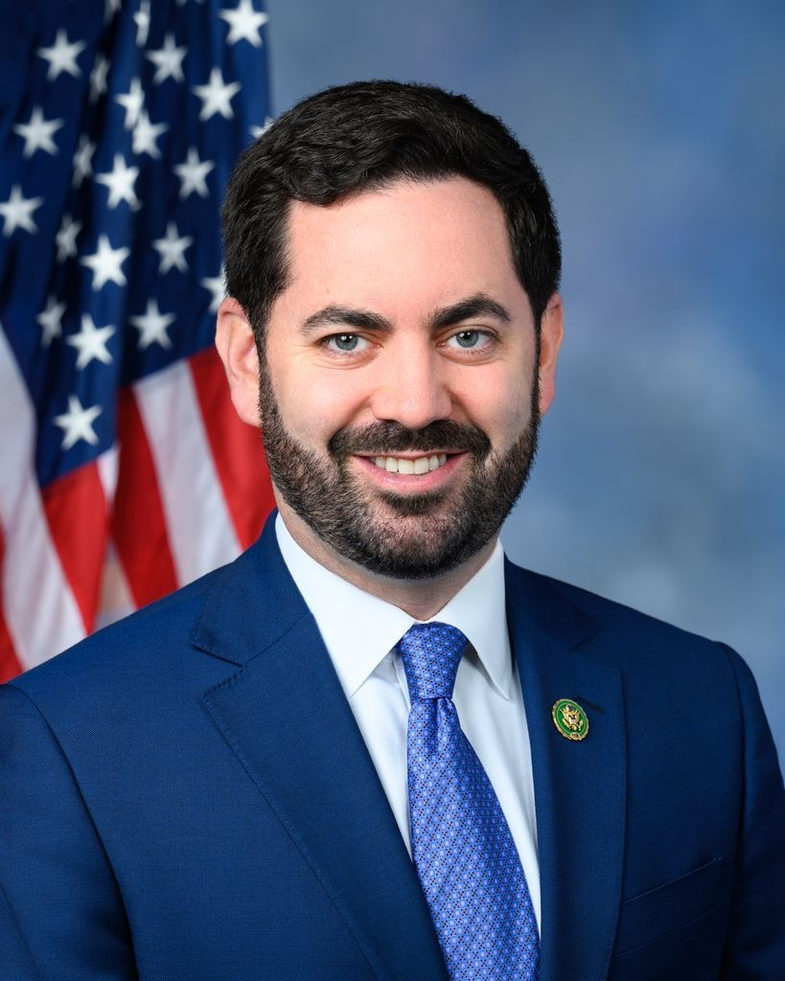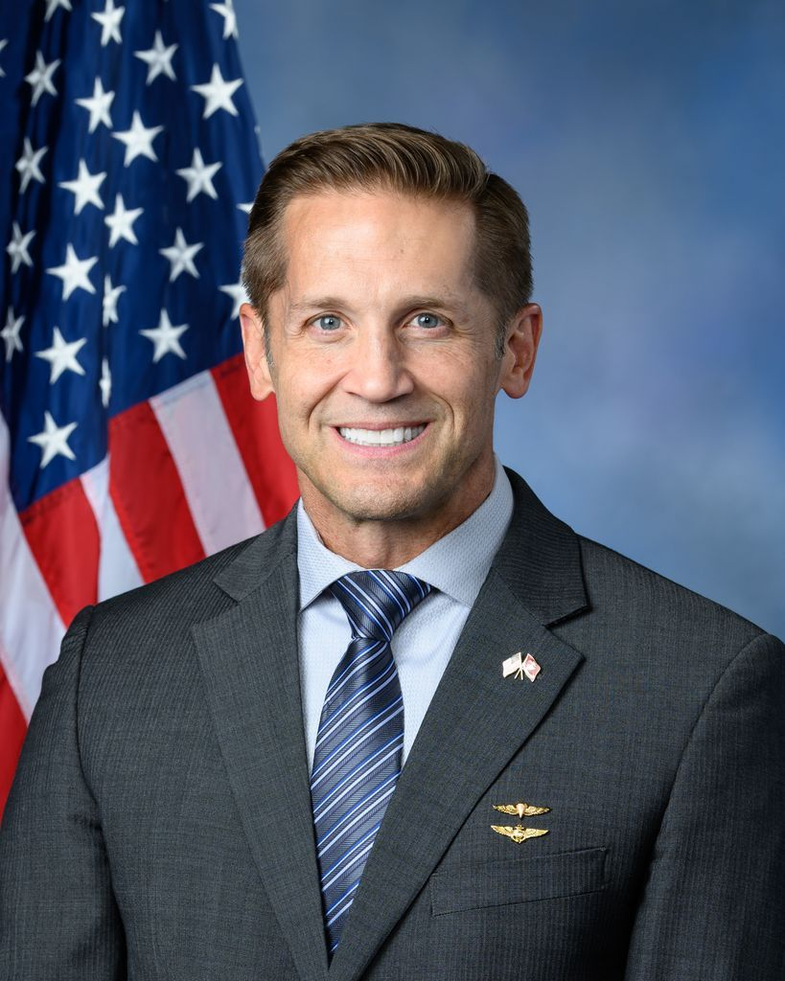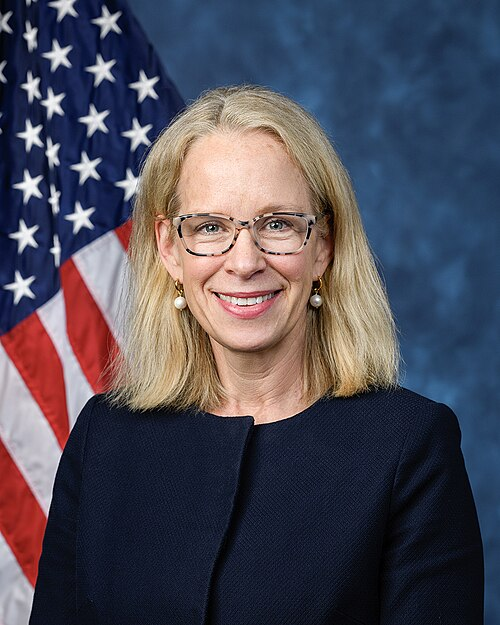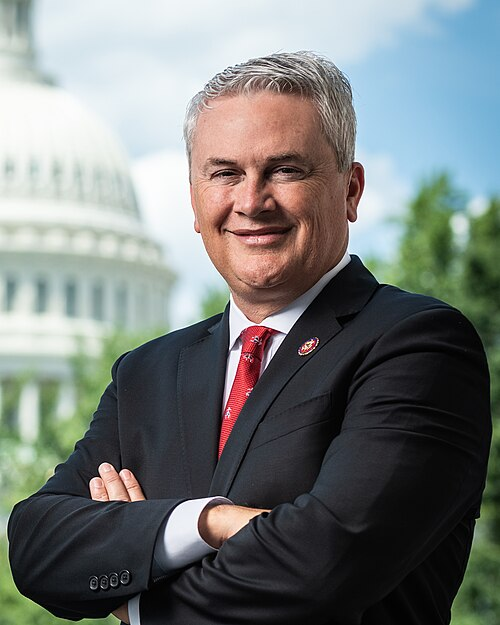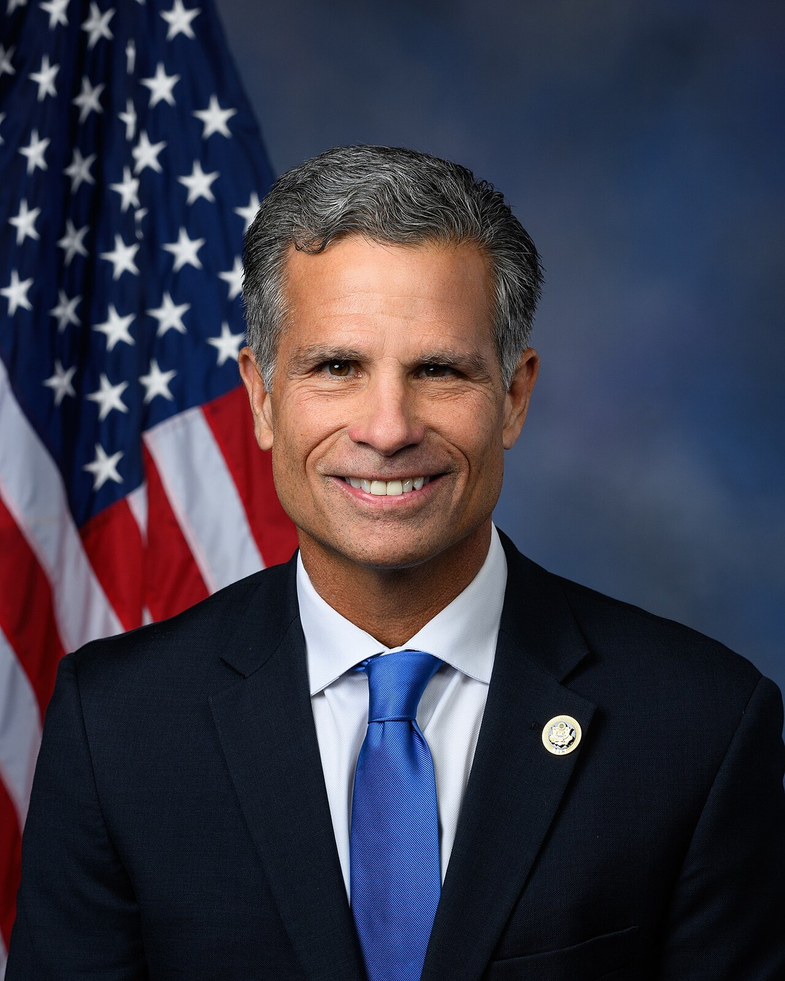H.R. 2503: Undersea Cable Control Act
This bill, titled the Undersea Cable Control Act, aims to develop a strategy for the United States to prevent foreign adversaries from accessing goods and technologies that are essential for the construction and operation of undersea cables. Here’s a breakdown of what the bill includes:
Objectives of the Bill
The primary goal is to ensure that foreign adversaries cannot obtain items necessary for supporting undersea cables, which are critical for global telecommunications and internet connectivity.
Key Provisions
- The President, through the Secretary of Commerce and in cooperation with the Secretary of State, is tasked with developing this strategy.
- The strategy must identify:
- Items required for the construction, maintenance, or operation of undersea cable projects.
- Existing U.S. and multilateral export controls and licensing policies related to these items for foreign adversaries.
- U.S. allies and partners that produce similar items and the availability of such items in the global market.
- Ongoing negotiations with other countries to create unified export control policies.
- Entities controlled by foreign adversaries that are involved in undersea cable projects.
- Efforts taken to ensure U.S. leadership in international standards for equipment and technology related to undersea cables.
- Engagements by foreign adversaries in international standards-setting bodies related to undersea cables and the security risks involved.
Reporting Requirements
The President is required to submit a report containing the developed strategy to Congress within 180 days of the bill's enactment and annually for three years afterward. These reports will be unclassified but may include classified annexes and should be accessible on a public federal government website.
International Agreements
Within one year of enactment, the President must seek to establish agreements with identified allies and partners to limit access for foreign adversaries to relevant items and may include penalties for noncompliance in these agreements.
Evaluation and Control
The Secretary of Commerce will review the export, reexport, and transfer of identified items to determine appropriate controls. Considerations will include potential uses and users of the items, with a focus on compliance with U.S. embargoes.
Notification and Updates
After the evaluations, the President must report to congressional committees on the actions taken and the status of the identified items, along with the reasoning for control decisions.
Definitions
- Appropriate congressional committees: Refers to the House Committee on Foreign Affairs and the Senate Committee on Banking, Housing, and Urban Affairs.
- Foreign adversary: Defined as per the Secure and Trusted Communications Networks Act of 2019.
- Item: Defined according to the Export Administration Regulations.
Relevant Companies
- NEE (NextEra Energy, Inc.): May be impacted due to potential involvement in infrastructure projects that include undersea cables.
- T (AT&T Inc.): As a global communications provider, it could be affected by changes in the export requirements of technologies related to undersea cables.
- VZ (Verizon Communications Inc.): Similar to AT&T, Verizon's operations related to global communications might be influenced by restrictions involving undersea cables.
This is an AI-generated summary of the bill text. There may be mistakes.
Sponsors
3 bill sponsors
Actions
11 actions
| Date | Action |
|---|---|
| Sep. 03, 2025 | Received in the Senate and Read twice and referred to the Committee on Banking, Housing, and Urban Affairs. |
| Sep. 02, 2025 | Considered under suspension of the rules. (consideration: CR H3733-3734) |
| Sep. 02, 2025 | DEBATE - The House proceeded with forty minutes of debate on H.R. 2503. |
| Sep. 02, 2025 | Motion to reconsider laid on the table Agreed to without objection. |
| Sep. 02, 2025 | Mr. Baumgartner moved to suspend the rules and pass the bill. |
| Sep. 02, 2025 | On motion to suspend the rules and pass the bill Agreed to by voice vote. (text: CR H3733-3734: 1) |
| Sep. 02, 2025 | Passed/agreed to in House: On motion to suspend the rules and pass the bill Agreed to by voice vote. |
| Apr. 09, 2025 | Committee Consideration and Mark-up Session Held |
| Apr. 09, 2025 | Ordered to be Reported by Voice Vote. |
| Mar. 31, 2025 | Introduced in House |
| Mar. 31, 2025 | Referred to the House Committee on Foreign Affairs. |
Corporate Lobbying
2 companies lobbying



